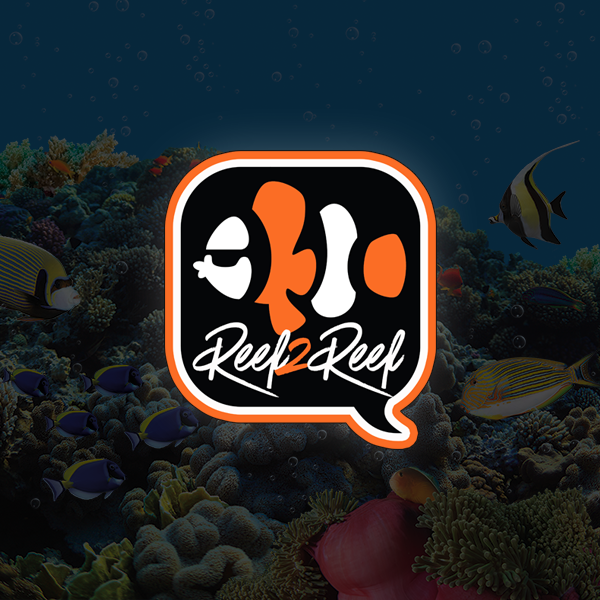- Joined
- Aug 22, 2018
- Messages
- 190
- Reaction score
- 50
anyone know if there is any food you can feed that will take care of internal parasites or do I have to pull the fish out and dip into prazi pro? stringy white poop from clownfish
*treat in prazi pro for a while
*treat in prazi pro for a while



















